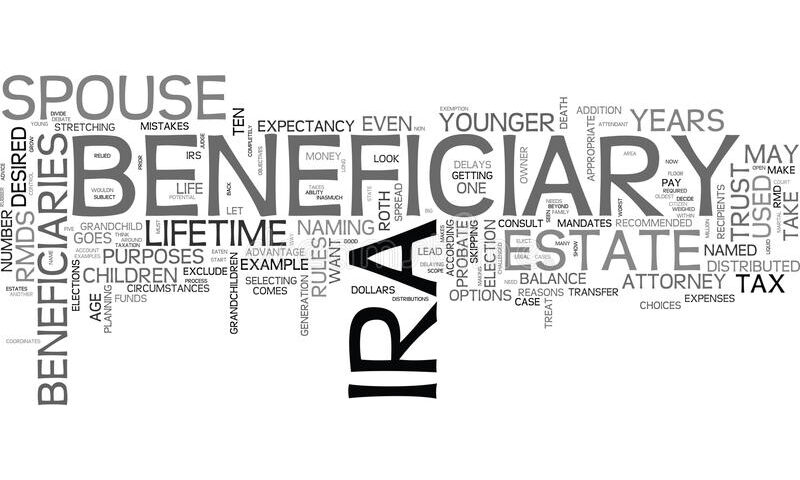Thursday, September 9th, 2021

One of the easiest methods of assuring an orderly transfer of one’s assets upon death is through the use of death beneficiary designations. Also, the beauty of this method is that an individual can do this on their own, without the need of legal assistance, AND… it’s often able to be done free, without charge.
Death beneficiary designations are as they sound. One designates an individual (“beneficiary”) to receive an asset upon death. Usually married couples, in the case where an asset isn’t held jointly (most often with retirement accounts held individually), names the other spouse as the primary death beneficiary. If there are children of the marriage, they are usually named ‘successor’ or ‘secondary’ beneficiaries, should the other spouse have predeceased.
Now, there are common names for the death beneficiary designation, depending on the type of asset. However, relax if you forget the name. If you go into your financial institution or contact them via phone or email, and even mumble the general words “death beneficiary designation”, your financial institution will know what you need.
Death beneficiary designations for real property, such as your house, a hunting shack or cabin, are called a Transfer on Death Deed (“T.O.D.D.”). The name for such a designation on retirement accounts and general stock brokerage accounts has a similar sounding name: Transfer on Death Designation (“T.O.D.D.” or “T.O.D.”). Bank accounts use the wording Payable on Death Designation (“P.O.D.D” or “P.O.D.”). Finally, there is life insurance. Usually, with life insurance, the first person is the “primary beneficiary” and for the situation that the primary beneficiary predeceases the insured, there is the fallback individual – ‘contingent beneficiary’ or ‘successor beneficiary’.
Titling all your assets with death beneficiary designations as discussed in this article, will get you far down the road towards having your estate plan in place for an orderly transfer of your assets upon death. In doing so, you will assure that your loved ones have the full opportunity to grieve your death, rather than fretting over how to settle your estate. Still, even with all this done, it is a good idea to visit with an attorney to see if, given your particular life situation and goals for your estate, there are any other considerations or steps that should be taken.
Contact us today to schedule a meeting to discuss your personal or business legal needs. Please complete the form at right and we'll get back to you as soon as we can.